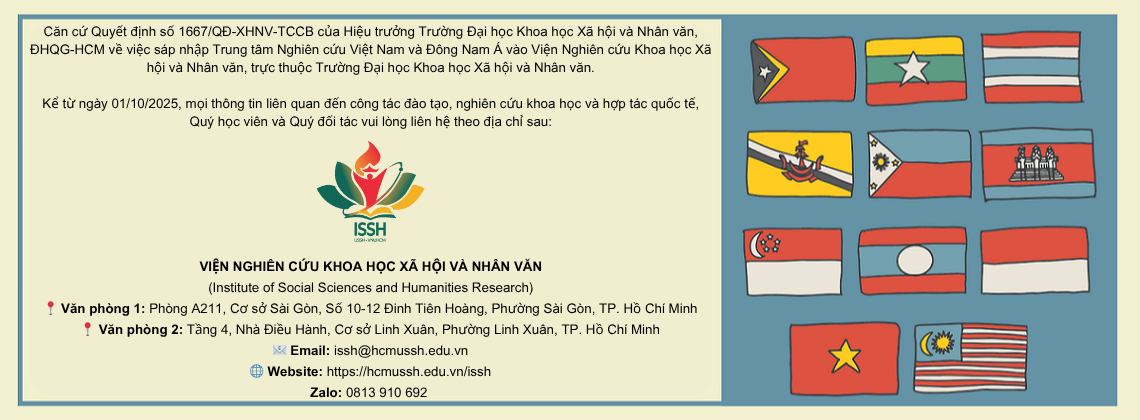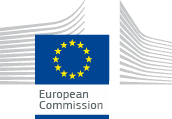DISCUSSION WITH JONATHAN HWANG, A POLITICAL OFFICER OF THE CONSULATE GENERAL OF THE U.S. IN HCMC ON EAST SEA ISSUE
, 21/05/2014 14:05Jonathan Hwang, a Political Officer of the Consulate General of the U.S. in HCMC, had a meeting with representatives of the HCMC University of Social Sciences and Humanities (USSH) on the afternoon of May 20, 2014 to share his ideas about China’s deployment of an oil rig in the East Sea.
Jonathan Hwang, a Political Officer of the Consulate General of the U.S. in HCMC, had a meeting with representatives of the HCMC University of Social Sciences and Humanities (USSH) on the afternoon of May 20, 2014 to share his ideas about China’s deployment of an oil rig in the East Sea.
The meeting had the presence of Pham Anh Vu, a specialist of the Consulate General of the U.S. in HCMC; Dr. Le Thi Kim Thoa, Director of the Center for Ocean and Island Studies; Bang Anh Tuan (M.A.), Head of the Office of International Cooperation and International Project Development and Dr. Tran Dinh Lam, Director of the Center for Vietnamese and Southeast Asian Studies, HCMC USSH.
.jpg)
(L-R) Mr. Pham Anh Vu, Mr. Jonathan Hwang, Mr. Bang Anh Tuan, Dr. Tran Dinh Lam and Dr. Le Thi Kim Thoa at the meeting.
Jonathan felt surprised at the fact that China’s Prime Minister Ly Khac Cuong visited Vietnam in late 2013, making a commitment to develop the two countries’ relations towards peace and friendship, but now China has carried out some moves that can provoke hostility in the East Sea, which proves that what they say does not go with what they do. As a result, Jonathan wished to hear Vietnamese researchers’ opinion about this issue.
The HCMC USSH representatives said that Vietnam was outraged at Chinese incursion when this country inconsiderately deployed the Haiyang Shiyou 981 oil rig in Vietnam’s exclusive economic zone on May 01, 2014. Now it is very necessary to have discussion, reach agreement among the involved parties and make official proclamation for the general public in the world.
According to Jonathan’s judgment, although the U.S. is cautious about disputes over the sea, they completely oppose China’s conflict-provoking acts when this country unilaterally positions the rig and deploys numerous military ships into the sensitive sea.
Discussing the reason behind this act, Jonathan and the HCMC USSH scholars incline to the following opinion. Strong reactions by Japan on the Senkaku Island and by the Philippines on the Scaborough Island, together with the U.S. support, hindered China’s expansion in these regions, so they began to lead their attacks to the Southeast Asian nations’ waters. The main purpose of China’s illegal deployment of the rig in the continental shelf belonging to Vietnam’s exclusive economic zone is not drilling for oil but step by step scheming to redraw the nine-dash line map with an ambition to entirely occupy 90% of the East Sea, which directly affects the exclusive economic zones of many Southeast Asian countries. The Haiyang 981 oil rig is considered as China’s first step in showing their power in the Southeast Asian region.
As a result, the involved parties agree that it is now more important than ever for the Southeast Asian countries to facilitate close cooperation and support Vietnam in order to have a common voice in protecting the ocean and islands’ sovereignty. If there is no powerful deterrent to China’s move, sooner or later they will expand their territory all over the whole region.
Delivering his speech in the general session at the ASEAN Summit on May 11, Prime Minister Nguyen Tan Dung said that China’s illegal positioning of the oil rig seriously endangered peace and security in the East Sea, and he called for protest against China’s act and support for Vietnam.
According to Jonathan, Vietnam should implement stronger and more powerful diplomatic moves to lessen China’s provocation, formally requesting the country to comply with earlier commitments. Vietnam also needs to learn from Japan’s experiences in connecting with other countries as well as from the Philippines’ in resorting to the interference of international arbitration to solve the East Sea issues, avoiding extremist course of actions that may result in conflicts and war.
The question raised by Jonathan is how Vietnam’s economy will be affected by this rig issue. Many difficulties in economic activities have arisen recently. This problem poses a lot of challenges; however, it gives a chance for Vietnamese businesses to realize their own weaknesses and drawbacks so that they can have appropriate shifts. It is essential that Vietnam need to diversify its economy, avoiding economic dependence on China to achieve a strong position.
Jonathan shared the viewpoint on this issue, which is that given the global trend in information exchange via the Internet, scholars and scientists in Vietnam and Southeast Asia, especially overseas Chinese scholars, should promote academic exchange on the basis of honesty and impartiality through articles in different languages to call for support of the international community. That will have influence on China’s leaders, making them recognize the wrong manner they have been acting in the East Sea. Besides, it is necessary to have exchange of knowledge and education for residents, especially Chinese people, so that they can have a proper understanding of the issue, which will help maintain a stable and peaceful environment in Southeast Asia. Once war breaks out, not only Chinese people but also Southeast Asian residents will suffer severe loss and consequences on human life and property.














